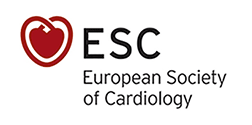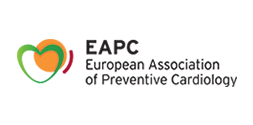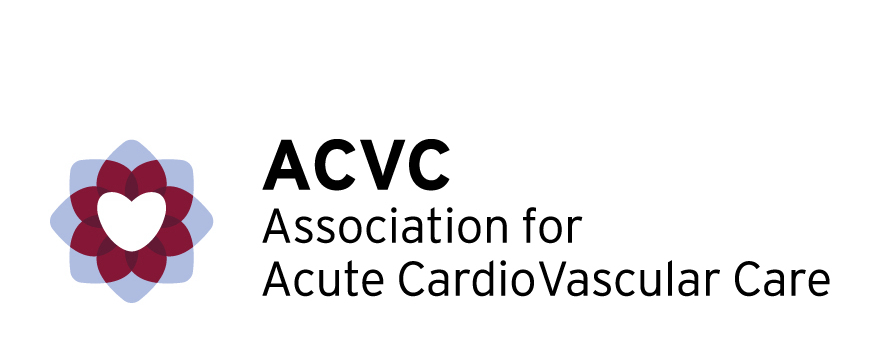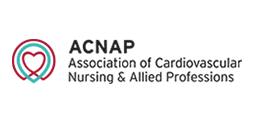Cardiac rehabilitation – what, why and when?
Cardiac rehabilitation is a multidisciplinary programme designed to support patients with heart disease make healthy lifestyle changes. The goal is to restart activities you stopped after a cardiac event and identify your behaviours that could be more heart friendly.
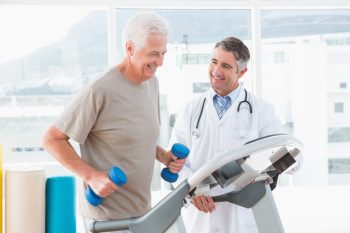 Adopting good habits is just as important as medical treatment for managing heart disease. Following a cardiac rehabilitation programme improves exercise capacity, quality of life, and wellbeing while reducing the risk of complications. A team of dedicated professionals will give personalised advice on smoking cessation, physical activity, diet, managing stress, and getting back to work.
Adopting good habits is just as important as medical treatment for managing heart disease. Following a cardiac rehabilitation programme improves exercise capacity, quality of life, and wellbeing while reducing the risk of complications. A team of dedicated professionals will give personalised advice on smoking cessation, physical activity, diet, managing stress, and getting back to work.
Why is cardiac rehabilitation important?
Patients who follow a cardiac rehabilitation programme live longer, have less hospital readmissions, improve their exercise capacity, and increase their quality of life and psychological wellbeing. For these reasons, cardiac rehabilitation is highly recommended for all patients with heart disease by scientific organisations in the field of cardiology, including the European Society of Cardiology.
When do I need cardiac rehabilitation?
Cardiac rehabilitation should start as soon as possible after cardiac events including
- Heart attack (myocardial infarction)
- Stent procedure (angioplasty, a procedure performed to open the coronaries narrowed by plaques)
- Cardiac surgery (bypass, valve surgery)
- Chest pain caused by an obstruction in your coronary blood vessels (stable coronary artery disease)
- Symptoms due to heart failure, such as shortness of breath or reduced exercise capacity.
What is cardiac rehabilitation?
During cardiac rehabilitation, a team of professionals will help you improve your cardiovascular health. This team may include cardiologists, specialised nurses, physiotherapists, dietitians, psychologists and social workers.
As a first step, you will perform tests to estimate your exercise capacity and screen for cardiovascular risk factors including psychosocial aspects. Your cardiac rehabilitation programme will be tailored according to the test results and your preferences. These tests will be repeated throughout the programme to monitor your progress.
Supervised aerobic and resistance exercise training is a very important part of cardiac rehabilitation aimed at increasing your exercise capacity. The dose of exercise is individually prescribed and continuously adapted according to your physical capacity and specific situation.
In addition to exercise training, you are advised to be physically active in your daily life Do at least 2.5 hours of moderately intense physical activity per week.
Your team will help you reduce your risk of future heart disease. If you smoke tobacco, you should stop immediately and permanently. A dietitian will review your eating habits and suggest improvements where needed. Based on your blood pressure readings or blood cholesterol levels, the team may adjust your medications.
In educational sessions, you will learn more about heart disease, and what you can do to prevent and treat it.
Heart disease can be a psychologically demanding experience. A psychologist will help you process these important changes.
Finally, your team will help you to restart your prior activities. At the end of the programme, you will receive personal advice on maintaining a healthy lifestyle for the rest of your life.
